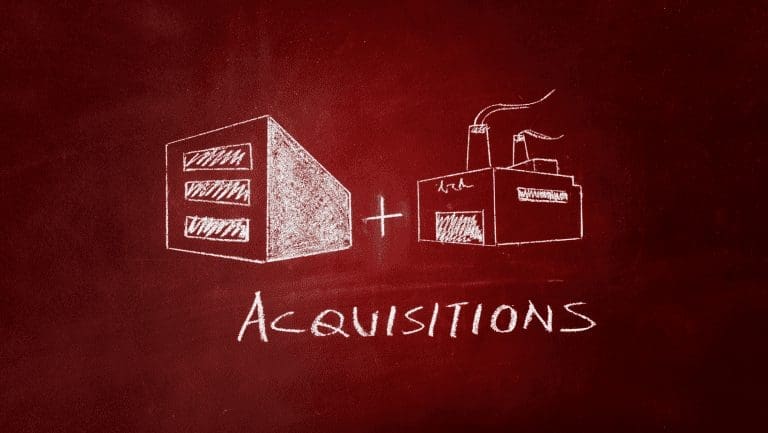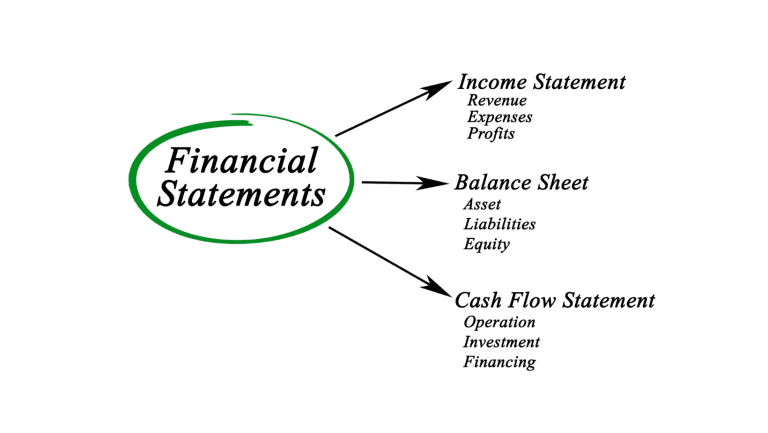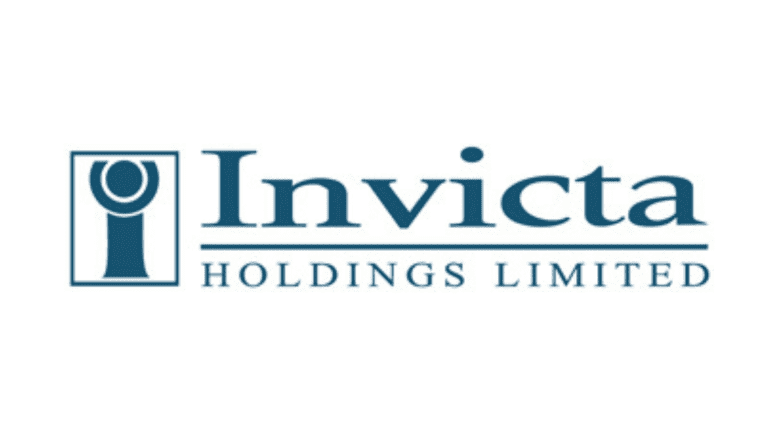What is Income Property?
Income Property is a piece of real estate that is purchased and developed with the purpose of generating income through renting or leasing the purchased or developed property to others.
Other than buying a property for the purpose of income, the secondary purpose of income property is to purchase or develop real estate that has the potential to appreciate.
Since appreciation of real estate is a goal when purchasing or developing real estate, interest rates, and the housing market should be scrutinized because there are unique risks associated with this kind of investment.
Characteristics of Income Property
- Income Property is bought or developed for the purpose of earning income and increasing the value of the real estate bought or developed.
- Buyers or developers of income property look at the market performance and projections of the housing market in the region they are to develop or purchase an income property. Furthermore, income property investors look at the interest rates such as the lending rate when making a purchase.
- Income Property can be both commercial and residential. This will be determined by the type of real estate that the investor wishes to develop or purchase.
- The developer or buyer of income property is responsible for the maintenance and repairing of the property.
Types of Income Property
There are many ways to own income property. Sometimes you don’t need to develop or purchase a new place to own income property. Income Property can be owned by homeowners too.
Those that sublet part of their home can earn income while living there. Individuals that sublet their homes own what is called an owner-occupied income property since they serve as both the owner and the landlord.
A non-owner occupied property is a situation where Individuals or companies develop or purchase an income property solely for rental and leasing purposes. The owner doesn’t occupy the property and it is retained for income-earning purposes.
What to consider when purchasing or developing an Income Property
Location
Location of a property for the purpose of developing or purchasing an income property is important. The location will need to be analyzed in order to understand the demand for housing in the area as well as the rental pricing for the property under consideration.
Costs of to own the Property
The cost of maintaining the income property should be considered. If an income property is situated in a complex governed by a body corporate, then the monthly fees on the property should be added to the rent or lease amount.
Costs associated with renovation should also be added to the property cost and the cost should include the frequency of renovations.
Source of financing
Acquiring an income property requires money and where to leverage the money should be clearly stated. A budget will have to be in place including operational costs that will be incurred until profitability.
Ways to acquire income property
There are several ways that you can use to get an Income Property. Ways that can be used to acquire an income property are listed below.
Income Property Loan
What is the better way to attain an Income Property than to leverage through a bank loan? Unlike a store credit or personal loan, acquiring an income property loan is not as easy. An individual or company that is interested in an income property loan needs to have a good credit rating.
Furthermore, consistent income is required to qualify for this type of loan. SARS tax returns may be required so that the lender can evaluate whether or not you are declaring the same income as per the bank statement with SARS.
You need the following documents to apply for an income property loan:
- Directors ID documents and/ passport or ID/ passport for individuals.
- Memorandum of Incorporation for companies.
- Company proof of residence or personal proof of residence not older than 3 months at the time of application.
- Company’s income tax returns or personal income tax returns.
- Management accounts and 3 years financial statements for a company
Flipping
Flipping is a strategy that is used in real estate investing and it can be used to acquire an income property. This process requires money and there are many ways that you can gather money to flip a property. Flipping involves the purchase and renovation of a dilapidated property in return for an increase in the property’s value.
Money to flip a property and turn it into an income property can be sourced through:
- Bank loans.
- Through family and friends.
- Through an investor.
- On crowdfunding platforms, etc.
Own Money
Developing or purchasing income property with your own money is an option. You will cover the sum of the building costs or purchasing costs on an income property.
Advantages of Income Property
- Property has chances of appreciating, therefore, its future value is likely to increase.
- Income Property earns the investor on this type of real estate constant income as long as they have a tenant.
- Income collected can contribute to repaying a mortgage loan.
- There are tax write-offs under the SARS Urban Development Zone ruling. Those that purchase their income property using the UDZ standards can get a 20% write-off in the first year after the purchase has been completed and 8% in each of the following three years.
Disadvantages of Income Property
- Property value may decrease in the future, a great example being the 2008 housing market collapse. Such a collapse can contribute to the property being vacant for a long time with no income coming in while maintenance costs are still being paid.
- Unruly tenants are likely to make the management of the property difficult.
- Income collected also has to cover the maintenance of the property.
Conclusion
Owning an Income Property is a pathway to passive income. While earning passive income, the income property also appreciates in value over time resulting in capital gains.


































